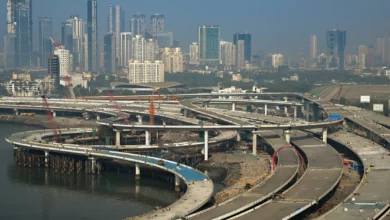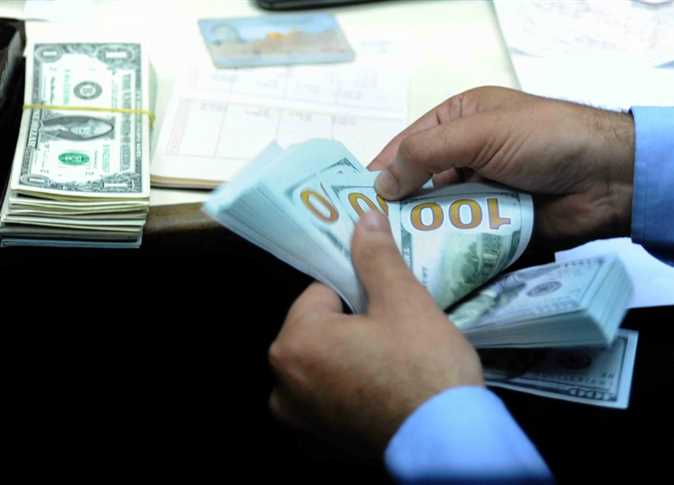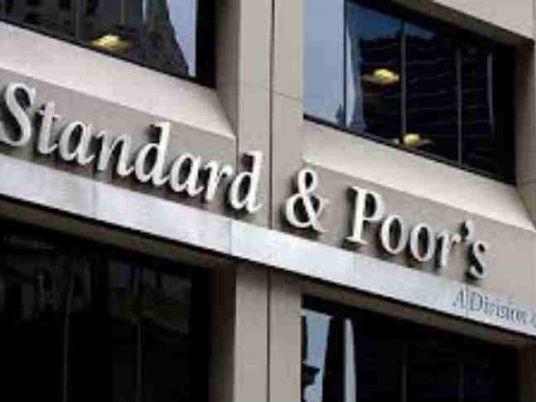Egypt's politics have been transformed since Hosni Mubarak was toppled on 11 February but the prospect of elections may put remnants of his ruling party and an established Islamist group in the driving seat for now.
Torn between the desire for stability and a full purge of the system which could extend turmoil that has cost the economy billions of dollars, many Egyptians have opted for the former.
That was what a referendum held on 19 March suggested when 77 percent of the voters backed constitutional amendments drawn up by a committee appointed by Egypt's ruling military council.
More radical reformers, including youth groups who led the uprising that erupted on 25 January, wanted a 'No' vote and an entirely new constitution. For them, the revolution is still incomplete.
But the mere fact Egyptians took part in a vote in which the result was not a foregone conclusion before polling stations opened is testimony to Egypt's transformation from the 30 years of Mubarak's rigged voting, police repression and corruption.
"There is no doubt there have been major developments like changes in the constitution, a new law for political parties, freedom of expression has been granted but still more needs to be done," said political scientist Mostafa al-Sayyid.
"The outcome of the revolution will appear after elections. We will see if the people behind the revolution succeeded in reaching power to do what they want, or if it is remnants of the former regime, or if Islamists take power," said al-Sayyid.
Youth groups and other protest movements which had drawn millions of Egyptians onto the streets, often using the web and social media to mobilize, now have little time before a parliamentary election set for September to turn themselves into more formal political parties.
The Muslim Brotherhood, with a broad base despite decades of repression under Mubarak, is best placed to capitalize. Remnants of Mubarak's old party network of notables in rural areas, local council officers and business executives are also well placed.
Seeking to assuage fears, the Brotherhood has said it will not seek a parliament majority this time or run for president.
"So far, the revolution is definitely incomplete. It has only accomplished 10 percent of its demands," Sayyid Abu al-Ela from the 25 January Revolution Youth Coalition told Reuters.
"Now the people have retreated and their will has switched to a revolution of reform, not of change. But the youth will continue to push for change," he said.
How Egypt navigates the transition will have a wider impact.
Tunisia's revolt may have preceded the Egyptian protests and Libya may be grabbing headlines for the violence wrought, but developments in the Arab world's most populous country will reverberate more profoundly across the Middle East.
"What happens in Egypt is extremely important for the region. If there is stability in Egypt, then it rubs off on others. It is like a role model," said Kamran Bokhari, regional director for Stratfor.
The army has shown little interest in staying in government, even though all Egypt's presidents since the monarchy was overthrown in 1952 were officers. The army has pushed for swift elections.
But even when the officers return to barracks, the military is expected to loom in the background. Bokhari said it could take a behind-the-scenes political role as Turkey's army did for decades or as Pakistan's military still does.
"The revolution that people talk about is a very incomplete one. They removed the president and transferred power to the armed forces," said one Western diplomat.
But the political changes are nonetheless dramatic.
Mubarak and his family are under house arrest in the resort of Sharm el-Sheikh, the ruling National Democratic Party is in tatters, the feared State Security agency has been scrapped and the cabinet contains no one unacceptable to the revolutionaries.
Several former ministers and other top party or government officials are in detention and others are being probed over their business dealings. New parties of many colors are taking shape, including one that will represent the Brotherhood.
Constitutional amendments approved in the referendum may not go as far as radicals wanted, but still reshape the landscape.
The amendments restrict the president to two four-year terms, make it easier for independents to run for the presidency and restore judicial supervision of votes, a guarantee against rigging practiced by the NDP and police in 2005 and 2010.
Radicals still see more to be done. An emergency law, introduced after Mubarak's predecessor was assassinated by Islamists in 1981, has still not been lifted. The army promised it would go before elections but has not been more precise.
Also raising concern is a law restricting strikes by increasingly assertive Egyptian workers. The government says it is to stop a wave of protests over low wages that have crippled the economy. Activists see it as an attack on new found freedoms.
Getting the economy back on track is one of the biggest challenges for whoever rules. Egypt's young population wants both more political openness and new economic opportunities, instead of the wealth divisions that grew wider under Mubarak.
The new Manpower Minister Ahmed al-Borai outlined the scale of challenge in meeting that demand. He put unemployment at 19 percent, roughly double the figure Mubarak's cabinet declared.
Economic disruptions since January will cut economic growth to 3.5 to 4 percent of national output in the year to June, from earlier estimates of 5.8 to 6 percent. Analysts say Egypt needs at least 6 percent simply to create enough work for new job entrants.
Tourism, which usually generates over US$10 billion a year, is only just starting to recover from January's mass exodus.
Foreign investors, who had poured in billions of dollars, are now keeping their distance until Egypt's political future becomes clearer. Many factories operated at well below capacity in February because of curfews and insecurity.
If they are to maintain their drive for a deeper political overhaul, new groups, mainly liberals and those opposed to the Brotherhood's Islamist agenda, need time to organize and mobilize supporters after decades in the wilderness.
Mubarak cracked down hard on liberal challengers, partly so that he could portray the Brotherhood as the only alternative to his own autocracy, a choice that helped secure him the support of the West who have proved fearful of Islamists in power.
Analysis of the referendum results show that the 'no' votes were concentrated in urban areas with relatively high literacy, suggesting that the arguments of the young revolutionaries did not have much impact in rural areas where illiteracy is widespread and people take less interest in public affairs.
Liberals were quick to blame their relatively poor showing on scare stories spread by conservatives, along the lines that voting 'no' would lead to prolonged chaos.
Many 'yes' voters in the referendum said they were guided, not by Islamists or other political forces, but by a desire to see a quick return to civilian government and more emphasis on law and order and on stimulation of the economy.
Mohamed Mostafa, who voted 'yes' in Cairo's suburb of Maadi, said the calls from more radical reformers for writing a new constitution would take too much time. "So we should leave that till later. We need the country to move ahead now," he added.
Mahmoud Salem, a liberal who blogged against Mubarak for years under the pseudonym Sandmonkey, said the protest movement had lost touch with ordinary people's aspirations.
"You care about the revolution and the arrest of NDP figures and getting the country on the right track. They care about economic security, the return of stability and normalcy the fastest way possible," he wrote.




